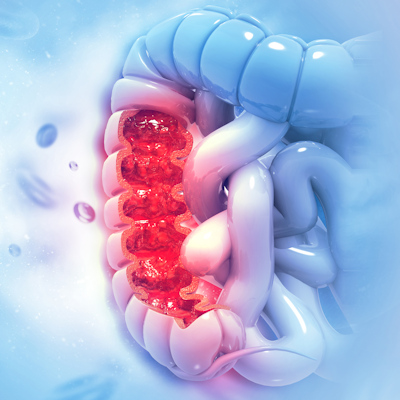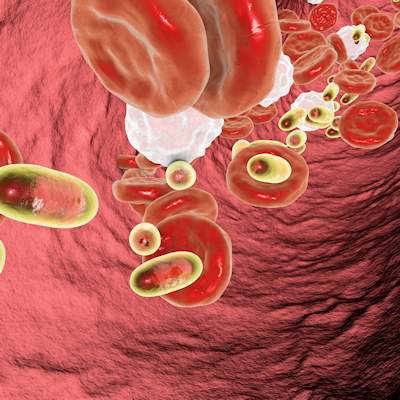November 10, 2022 -- Researchers from Japan have developed a novel branched ionizable lipid that is highly stable in storage and increases the efficiency of mRNA delivery to cells. Their results, published on November 9 in the journal Small Science, may lead to the design of other novel lipids.
mRNA molecules transfer information coded by genes in the nucleus to the cytoplasm for protein synthesis by ribosomes. Since mRNA molecules are large and chemically unstable, a vector is needed for their delivery. Lipid nanoparticles (LNPs) -- composed of ionizable lipids, cholesterol, helper lipids, and polyethylene glycol -- are one such vector.
Previous work showed that ionizable lipids with branching tails increased the efficiency of mRNA delivery via LNPs. However, the enormous diversity of chemicals resulting from tail branching, along with limited commercially available ionizable lipids, prevented systematic analysis of the lipids' effects.
To overcome these hurdles, the researchers generated a systematic lipid library of branching ionizable lipids, limited to a subset with two parameters: total carbon number and symmetry. They then tested the 32 lipids in this library for their effect on the stability of LNPs containing mRNA (LNP-RNA).
They discovered that LNP-RNAs containing highly symmetric branched lipids exhibited greater microviscosity, which positively correlated with both increased stability of stored LNP-RNAs and with protein expression in the mouse liver and spleen. The branching lipid CL4F 8-6 showed the most stable storage and most efficient mRNA delivery, achieving a 77% suppression of a target gene in mice with just one LNP dose.
The researchers contend that this particular lipid could be used in LNPs designed for gene editing. They conclude that branched lipids with high symmetry levels contribute to optimal intracellular delivery and stable formulations.
Copyright © 2022 scienceboard.net











